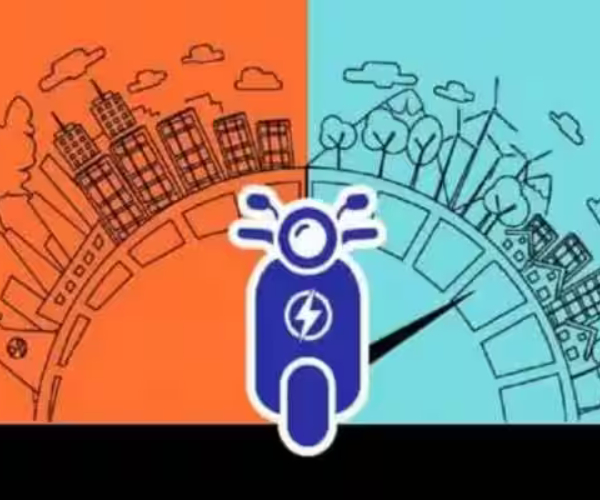
Essential Charging Infrastructure Requirements for Mass Electric Vehicle Adoption in India
The proliferation of electric vehicles (EVs) at a rapid pace in India signifies a substantial step towards greener and more sustainable transportation. However, the establishment of a robust and extensive charging infrastructure is a prerequisite for its sustained success. As of August 8, 2023, there are over 2.8 million registered electric vehicles (EVs)—28,30,565 units—navigating Indian roads.
As the country combats its growing environmental concerns and has the resolve to mitigate its carbon footprint, the accompanying infrastructure must evolve rapidly. In a country where approximately 10 percent of greenhouse gas emissions are attributed to the transportation sector, addressing this charging infrastructure deficit is not a choice but a necessity. These necessities deep dive into the pressing need to develop essential charging infrastructure requirements for mass EV integration in India.
Present Status of Electric Vehicle Charging Infrastructure in India
Over the past decade, India's electric vehicle (EV) landscape has witnessed significant evolution. As of March 21, 2023, data from the Bureau of Energy Efficiency (BEE) indicates that India now hosts a noteworthy 6586 operational public charging stations (PCS), including 419 strategically positioned along national highways.
Despite advancements, challenges persist in India's EV landscape. Accessibility gaps exist in smaller towns and rural areas, and issues like compatibility, range anxiety, and charging times need attention. Peak-time congestion at urban charging stations is a pressing concern, with roughly 400 EVs per charger. With 2.8 million electric vehicles on Indian roads, it's evident that significant charging infrastructure development is needed to meet rising demand and ensure convenient access for all EV users.
Key Drivers for Rapid EV Advancement
The key drivers for rapid EV advancement are robust charging infrastructure, location strategy, technical requirements, integration with renewable energy, and government support and policies, as per Maj Prashant Veer Singh, Mentor and Co-founder at ARC Electric
Flexible Charging Infrastructure Deployment
For successful mass electric vehicle (EV) integration in India, a flexible approach to charging infrastructure is indispensable. Adapting charging station types to specific needs is key. Busy urban areas require fast-charging stations to accommodate rapid top-ups, while highways necessitate ultra-fast options for long journeys. Public charging stations, strategically located, ensure convenience for urban residents and tourists alike. A versatile deployment strategy aligned with local demands fosters broader EV adoption and sustainability.
Home Charging Solutions
The availability of home charging options is crucial to supplementing the network of public charging stations. A significant number of EV owners prefer the convenience of charging their vehicles at home, primarily at night when vehicles are not in use. Hence, it is imperative to promote the installation of home charging stations, especially in multistory apartments, through Resident Welfare Associations (RWAs). Government policies can play a pivotal role in stimulating the growth of residential charging infrastructure through policies, subsidies, and tax incentives."
Technical Requirements
Electric vehicle (EV) integration demands a meticulous focus on technical details. EVs vary significantly in plug types, voltage requirements, and battery compatibility. India must establish a versatile charging network to accommodate these diverse needs and also work towards standardization. Exploring international standards like CCS2, TESLA, and CHAdeMO can enhance interoperability, facilitating seamless charging experiences. Addressing the intricate technical aspects will ensure convenience and accessibility for all EV users.
Technological Advances in Energy Sources
The evolution of energy sources for electric vehicles (EVs) has been remarkable. In the 1990s, nickel-metal hydride batteries represented an improvement over lead-acid ones, albeit with limited range. However, a pivotal moment arrived in the early 2000s with lithium-ion batteries, making EVs more practical and poised for mass adoption. This voyage of energy source evolution continues, with ongoing research into technologies such as solid-state batteries and hydrogen fuel cells promising further advancements for the future of EVs.
Integration of renewable energy
To proliferate EVs in remote areas and to maximize environmental benefits, it is vital to integrate renewable energy sources into the charging infrastructure. Solar panels and wind turbines can be used to generate clean energy for charging stations and also in areas where the electric supply is irregular, reducing the carbon footprint.

